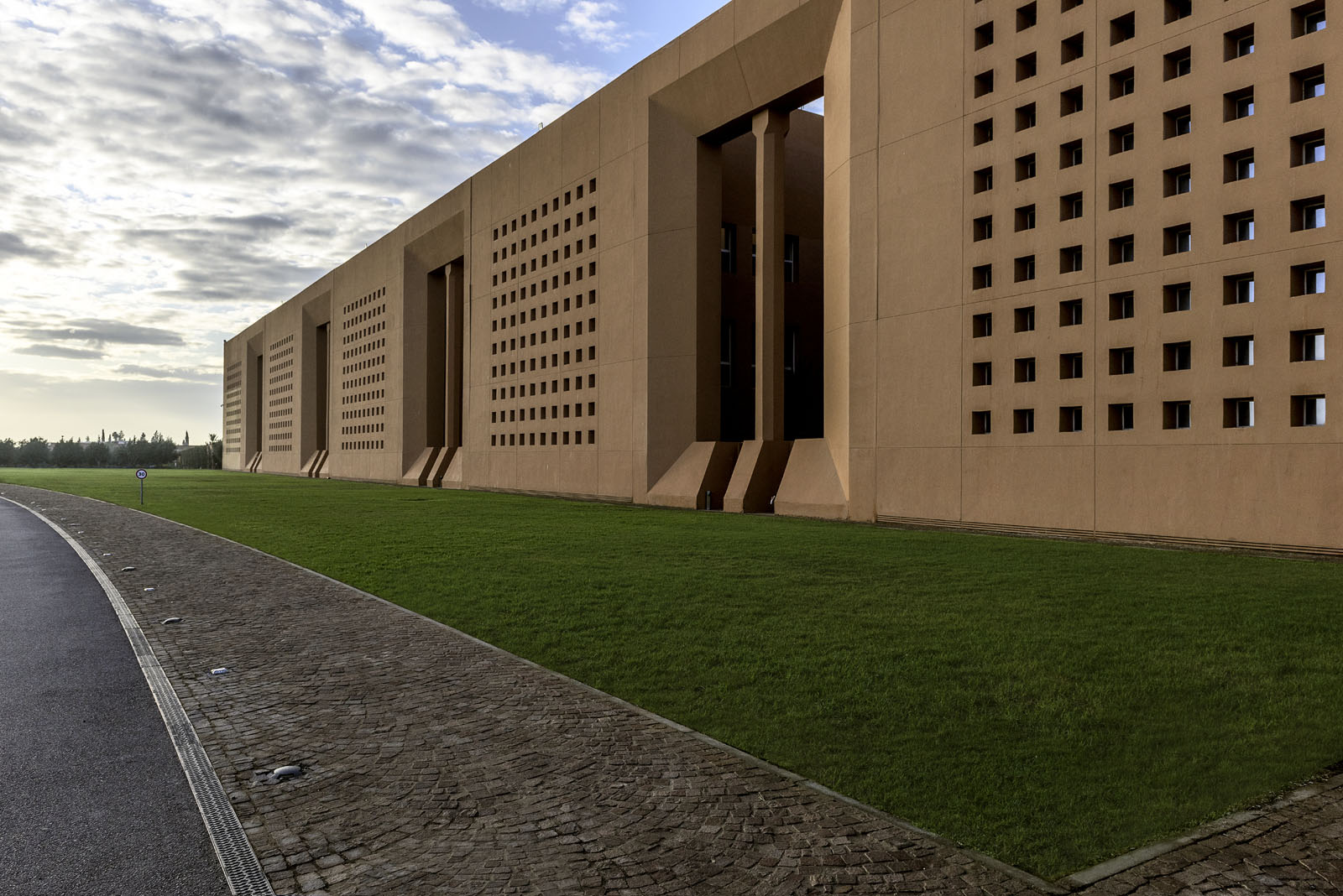
Precision Fertilization
What you will learn
Participants will have a good understanding of the issues, applications and opportunities that new technologies offer to the field of crop fertilization. At the end of the training, the beneficiaries will acquire knowledge on the estimation of the needs of crops in fertilizing elements, on the digital tools used for the reasoning of fertilization, on the digital solutions currently on the market and on their use, globally a mastery of the good practices for the precision fertilization of the main crops practiced.
Course content
DIFFERENT TYPES AND FORMS OF FERTILIZERS
ESTIMATION OF CROP NEED FOR FERTILIZERS
CONNECTED REAL-TIME DATA COLLECTING DEVICES
- Soil sampling and analysis
- Remote sensing: Satellites and Drones
- Soil scanner
DATA ANALYSIS AND PROCESSING
- Characterization of intra-plot heterogeneity
- Decision models and transformation of data into a recommendation map
- Creation of fertilization maps
- Digital interfaces
FERTILIZER APPLICATION
- Modulation of inputs using GPS systems
- Equipment required for the modulation of solid or liquid inputs
PRACTICAL CASE STUDIES FOR SMART FERTILIZATION
- Determination of crop needs by satellite
- Determination of crop needs by drone
- Examples of mobile applications and web platforms for precision fertilization management
- Demonstration in the field.
Summary
Fertilization is an important component of the crop management technical itinerary. It conditions the good growth of the plant, the development of the fruits, the yields, and the pre and post harvest quality of the production. Fertilization is also a major expense item, and any savings at this level undoubtedly improves crop profitability.
For this, this training aims to enable participants to understand the basics of calculating the fertilizer needs of crops, to know the different forms and modes of fertilizer application, to know the connected data collection devices, to understand how these data are processed through decision support models and the development of digital interfaces that allow the intelligent management of fertilization. The use of new technologies such as big data, IoT, AI, and digital development will be extensively covered and explained along this course.
This certificate is organized by the AgriTech Center of Excellence of UM6P, a research, development and innovation platform related to precision agriculture in Morocco and Africa. It aims to equip producers with information, knowledge and skills for the reasoning of fertilization by making good use of new digital technologies, to allow the use of fertilizing elements at the right time and the right dose, which allows to optimize the effectiveness of these elements, avoid waste and adverse effects on the environment, and finally increase the profit of the crops grown.
Description
This short training gives participants a general overview of the theoretical and practical aspects of precision irrigation, allows them to understand the advantages of this technology and to be able to use it accurately.
The course aims to enable participants to fully understand the basics of smart irrigation management, through the calculation of crop water needs, knowledge of data collection technologies such as IoT and remote sensing, processing data, review of decision support models and the development of digital interfaces that allow smart irrigation.
Key Benefits
Upon completion of this training, participants will have:
- A good understanding of the theoretical and practical aspects of precision fertilization
- A good mastery of the use of digital tools in agriculture such as agricultural data, IoT, AI, and digital development
- A good understanding of the notion of modulating inputs according to the needs and characteristics of the soil and biomass
- A detailed knowledge of the digital solutions and services available on the market
- Overall, a mastery of the best practices of precision fertilization
Who Should Attend
This training is useful for any participant who needs to properly manage crop fertilization, save this resource and optimize its effectiveness and use efficiency. Participants must have a good English proficiency and a basic knowledge in agronomy and crop production

